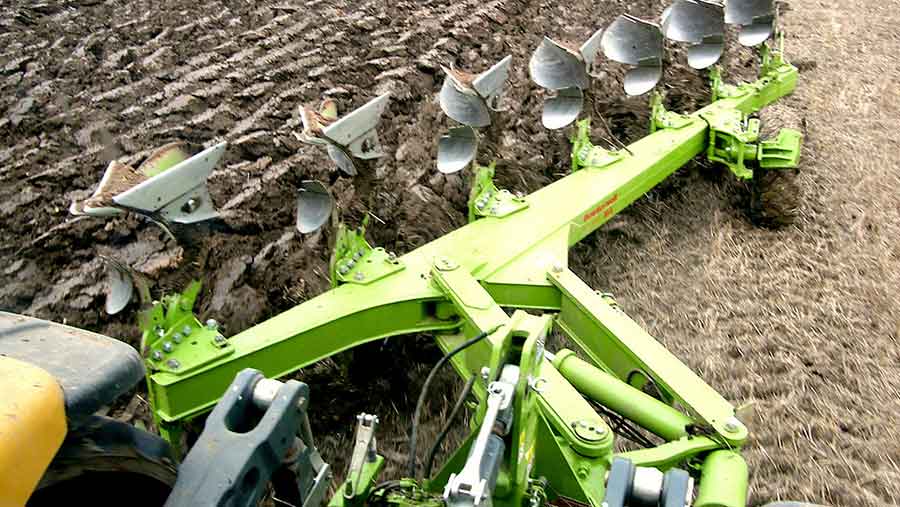Dowdeswell plough business bought by parts services firm

Most of the business and agricultural assets of plough manufacturer Dowdeswell have been bought by associated company Dowdeswell Parts Services Limited.
The sale follows the appointment in June of Richard Rendle of Rendle & Co, Solihull, as administrator of Dowdeswell Engineering Company Limited, based in Warwickshire. Mr Rendle was called in by a secured lender, which he said was likely to be paid in full.
“Negotiations were lengthy and we had several interested parties, but in the end Dowdeswell Parts Services’ offer was substantially better than anyone else’s,” said Mr Rendle. “The Dowdeswell name will survive and the brand will continue.”
See also: Dowdeswell plough manufacturer in administration
Dowdeswell Parts Services would assist in selling about 10 remaining new ploughs, as well as providing the warranty service and a full parts service for all existing Dowdeswell ploughs.
An online auction of other plant and machinery – mainly engineering equipment – will be held on 9 and 10 November. Although there were plans to develop parts of the business, these did not currently include a return to manufacturing ploughs, said Mr Rendle.
“We were desperately sorry to see the engineering business fail, but the downturn in the market and the lack of orders for ploughs was the last straw,” said Tim Dowdeswell, a director of Dowdeswell Parts Services Limited.
The largest creditor by far was the government’s Pension Protection Fund, said Mr Rendle. This was established to pay compensation to members of eligible defined benefit pension schemes, when the employer’s insolvency qualifies and where there are insufficient assets in the pension scheme to cover Pension Protection Fund levels of compensation.
Creditors were likely to get a dividend and while he could not say how much this would be, it would be significantly more now that the business had been sold, said Mr Rendle.
Dowdeswell had up to 40% of the UK plough market in 2005, but had been hit by a combination of currency factors, growth in imported equipment, changes in cultivation practices and uncertainty over farm investment plans, said Mr Rendle.

